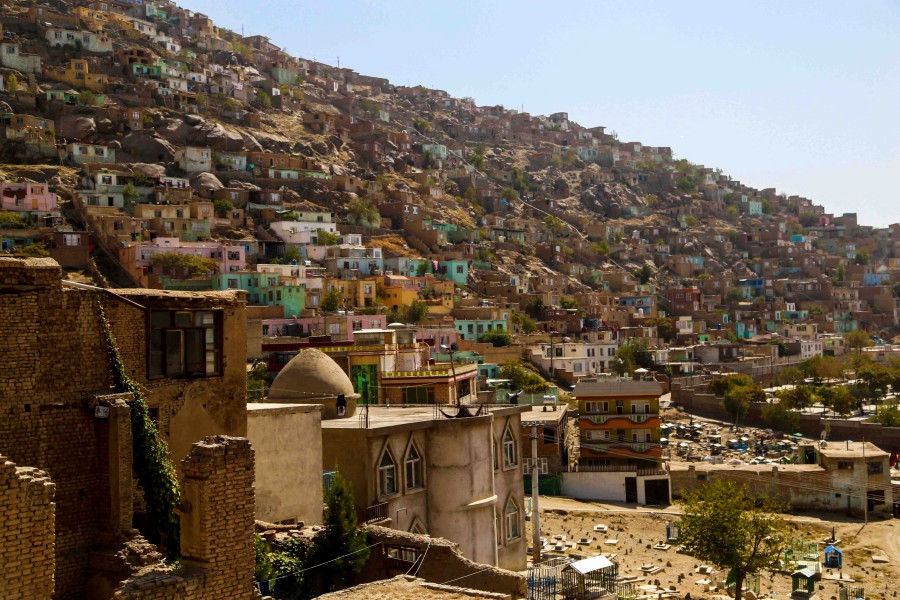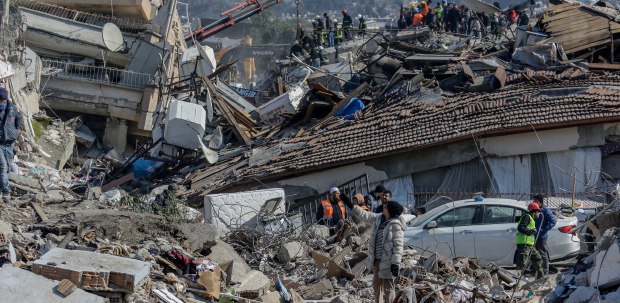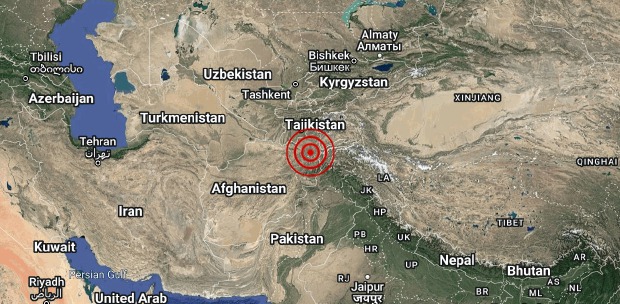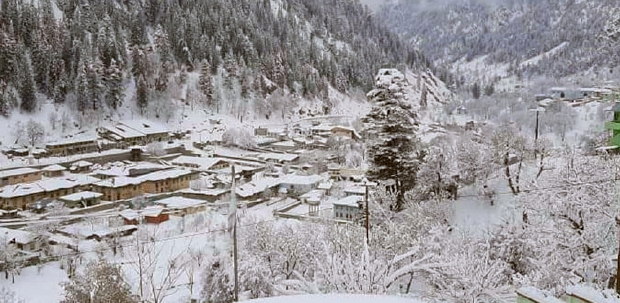ISLAMIC and Muslim countries are crucial and pivotal in helping to influence the "internal" transformation of the Taliban as the current rulers of Afghanistan – in addition to the "external" dimension such as economic and socio-economic development.
China and India as the two key major powers "left standing" that are either Taliban-friendly or potentially so, respectively, may not have the same clout as Islamic and Muslim countries due to the extent that Islam plays in the worldview of the Taliban.
Too strong a Chinese influence in Afghanistan might result in regional instability – as China is also a close ally of Pakistan. India and Pakistan, to this day, remain regional nemesis and rivals on security and defence matters.
It's been said that the Taliban in the past has turned a blind eye or actively allowed foreign terrorist groups such as like Lashkar-e-Taiba (LeT), Harkat-ul-Jihad al-Islami and Jaish-e-Mohammed/JEM (which like the Taliban is from the Deobandi school originating from India) that targets India to operate freely.
Even Daesh (Isis) has a foothold in Afghanistan and apparently would like to establish the Khorasan Caliphate encompassing Central Asia and South Asia.
India is, therefore, worried that Afghanistan might be transformed into "another Pakistan", i.e., a security problem – with implications on the issue of Jammu-Kashmir and the wider domestic security.
On the other hand, Pakistan has traditionally worry about Afghanistan being turned into a "second front" (i.e., "another India") – with the ensuing security problem.
It behooves India to maintain and perhaps even increased its presence (especially in the form of construction projects, technical training, investments, trade) in a Taliban-ruled Afghanistan to counterbalance China.
Under the India-Afghanistan Strategic Partnership (2011) and over the course of 20 years, India's development assistance has seen the construction of roads, dams, electricity transmission lines and substations, schools and hospitals, etc. estimated to be worth well over USD3 billion.
In engaging with the Taliban and reconstructing Afghanistan, it's important to understand that Islam is the one and only unifying "force" – in a country that's 99 per cent Muslim.
In a country already fragmented along disparate ethnic lines based on regions with strong tribal identity coupled with a deep urban-rural divide united only by religion, it makes sense to have a rigorous and very strict imposition of Syariah law to ensure cohesion and stability.
Therefore, any modernisation project to be applied to Afghanistan must take into account the role that Islam plays in keeping state and society together.
This means that the Taliban as the guardian and guarantor of the Islamic identity of Afghanistan – and no one else - must be in the driving seat of any reforms in keeping with the modernity. It has to be highlighted that any differences over the interpretation of Islam as the way of life between the Taliban and the hitherto Islamic Republic of Afghanistan are limited.
Realistically, the Westernised Afghanistan of the 1960s,1970s and 1980s will never make a comeback – at least not until the whole of state and society are ready or accepting.
One of the immediate priorities for the Taliban to demonstrate that it's no longer the same as before is, of course, to allow females to resume their way of life as under the old regime.
Towards that end, the OIC and Malaysia must press the Taliban to guarantee educational and employment freedom of Afghan females along other forms of social rights as also a matter of fundamental practicality.
Collectively, there should be an OIC envoy, either from the Women Development Organization (WDO) or Islamic Educational, Scientific and Cultural Organization (ISESCO), to engage and monitor the implementation and enforcement of the promise and guarantee by the Taliban leadership on the ground level by the rank-and-file.
At the same time, the OIC envoy could discuss financial assistance and incentives related to female empowerment and development. Malaysia can be at the forefront in promoting women empowerment and equality in Afghanistan.
Given that public finances could be constrained and that the US has denied access to assets held there with particular reference to the US$9 billion in reserves of the Afghan central bank as deposited with the New York Federal Reserve, an immediate international cash aid is needed.
Institutions such as World Bank and International Monetary Fund (IMF) should provide unconditional grant for the purpose of easing the cash flow of the Taliban administration – to pay the wages of the bureaucracy,
Others such as the Asian Development Bank (ADB) and Islamic Development Bank can provide financing and loans for repair and rebuilding works.
With focussing India on development on a multi-project and localised basis, China can re-prioritise on the "One Belt, One Road" transportation and communication network scheme and by inclusion the China-Pakistan Economic Corridor (CPEC) by accelerating its footprint under the original memorandum of understanding (MOU) signed in 2016.
Not least, China has also been eyeing Afghanistan's rich untapped mineral resources (such as lithium, copper, iron, gold, silver, gemstones, coal etc.) estimated to be at least US$1 trillion in value (see e.g. "As US exits Afghanistan, China eyes $1 trillion in minerals", Al-Jazeera, August 24).
China is expected to pour in money to restart the copper mine (5.52 million metric ton) project in Mes Aynak (southeast of Kabul) for which the China Metallurgical Group Corporation (MCC Group) won exploitation rights in 2007 together with the concomitant physical infrastructure such as railway lines and perhaps even a mineral processing plant.
India should now decisively make a quick move to establish rapport with the Taliban and secure its presence in Afghanistan on a firmer and sustainable footing. Especially since the Taliban has openly welcome Indian presence and given assurances for current projects to resume.
Indeed, the OIC, including Malaysia, must act swiftly to recognise the Taliban and assist Afghanistan to get back on its feet and normalise sooner rather than later.
And not least, co-opt and integrate country into the mainstream. What's important is the opportunity afforded by the Taliban's "change of heart" towards the outside world and for which it now craves the recognition and acceptance.
The writer is Head of Social, Law & Human Rights at EMIR Research, an independent think tank focussed on strategic policy recommendations based on rigorous research





